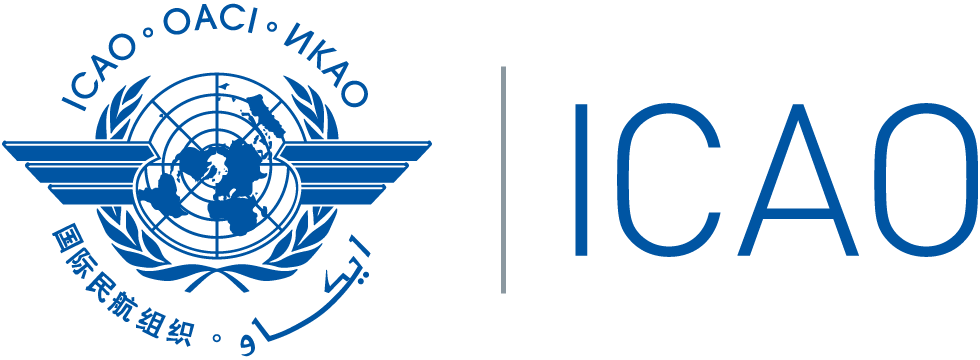International Civil Aviation Organization (ICAO)
The International Civil Aviation Organization (ICAO) is a specialized agency of the United Nations. ICAO is funded and directed by 193 national governments to support their diplomacy and cooperation in air transport as signatory states to the Chicago Convention (1944).
Its core function is to maintain an administrative and expert bureaucracy (the ICAO Secretariat) supporting these diplomatic interactions, and to research new air transport policy and standardization innovations as directed and endorsed by governments through the ICAO Assembly, or by the ICAO Council which the assembly elects. Industry and civil society groups, and other concerned regional and international organizations, also participate in the exploration and development of new standards at ICAO in their capacity as ‘Invited Organizations‘.
As new priorities are identified by these stakeholders, the ICAO secretariat convenes panels, task forces, conferences and seminars to explore their technical, political, socio-economic and other aspects. It then provides governments with the best results and advice possible as they collectively and diplomatically establish new international standards and recommended practices for civil aviation internationally.
Once governments achieve diplomatic consensus around a new standard’s scope and details, it is then adopted by those same 193 countries in order to bring worldwide alignment to their national regulations, helping to realize safe, secure and sustainable air operations on a truly global basis.
In addition to these core diplomatic and research capabilities, ICAO also serves as a critical coordination platform in civil aviation through its seven Regional Offices.
It also conducts educational outreach, develops coalitions, and conducts auditing, training, and capacity building activities worldwide per the needs and priorities governments identify and formalize.
ICAO’S CAPACITY DEVELOPMENT AND IMPLEMENTATION BUREAU
ICAO’s Capacity Development and Implementation Programme provides advice and assistance in the development and implementation of projects across the full spectrum of civil aviation aimed at the safety, security, environmental protection, and sustainable development of national and international civil aviation. The Programme is conducted under the broad policy guidance of the ICAO Assembly and of the Council. Subject to general guidance by the Secretary General, the Capacity Development and Implementation Programme is executed by the Capacity Development and Implementation Bureau (CDI).
Since its establishment in 1952, CDI has implemented civil aviation projects with an accumulated value in excess of US$ 2 billion. With an average annual programme size of over US$ 120 million, it is involved in approximately 250 projects each year with individual project budgets ranging from less than US$ 20 000 to over US$ 120 million. To date, CDI has provided assistance to over 115 countries, deploying annually approximately 1200 international and national experts.As part of ICAO, a non-profit organization, CDI can offer its services under the most favorable and cost-effective condition and guarantees strict neutrality, objectivity, and transparency, as it does not represent any particular national or commercial interest, nor the interest of any donor in general. Its advice is therefore governed by objective technical and financial considerations.












